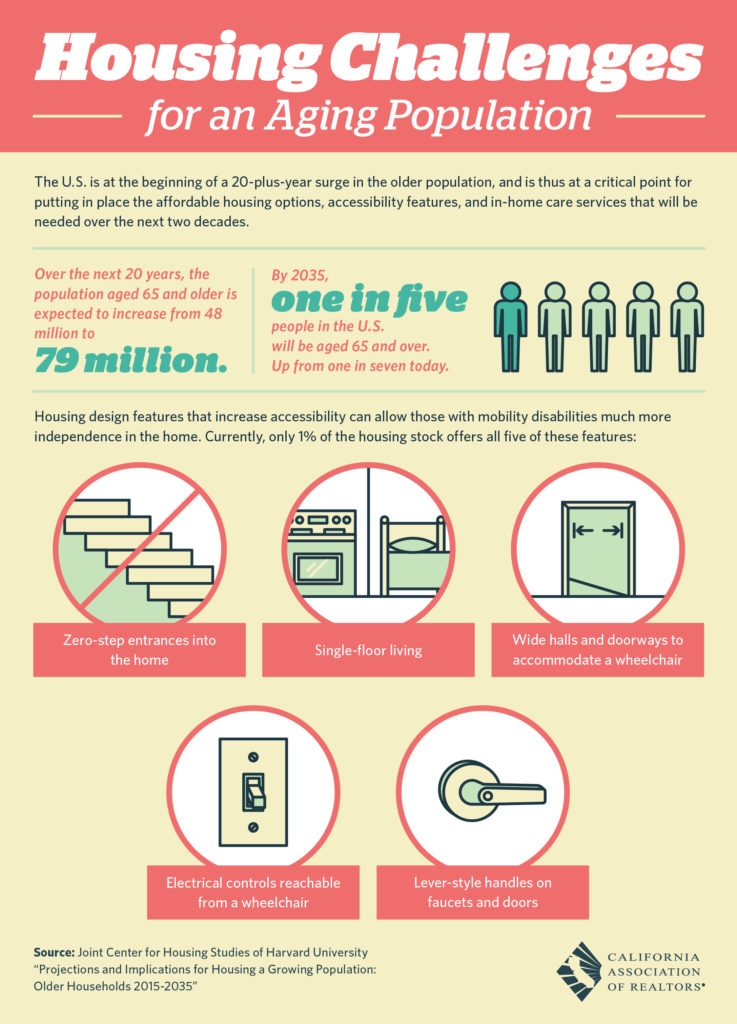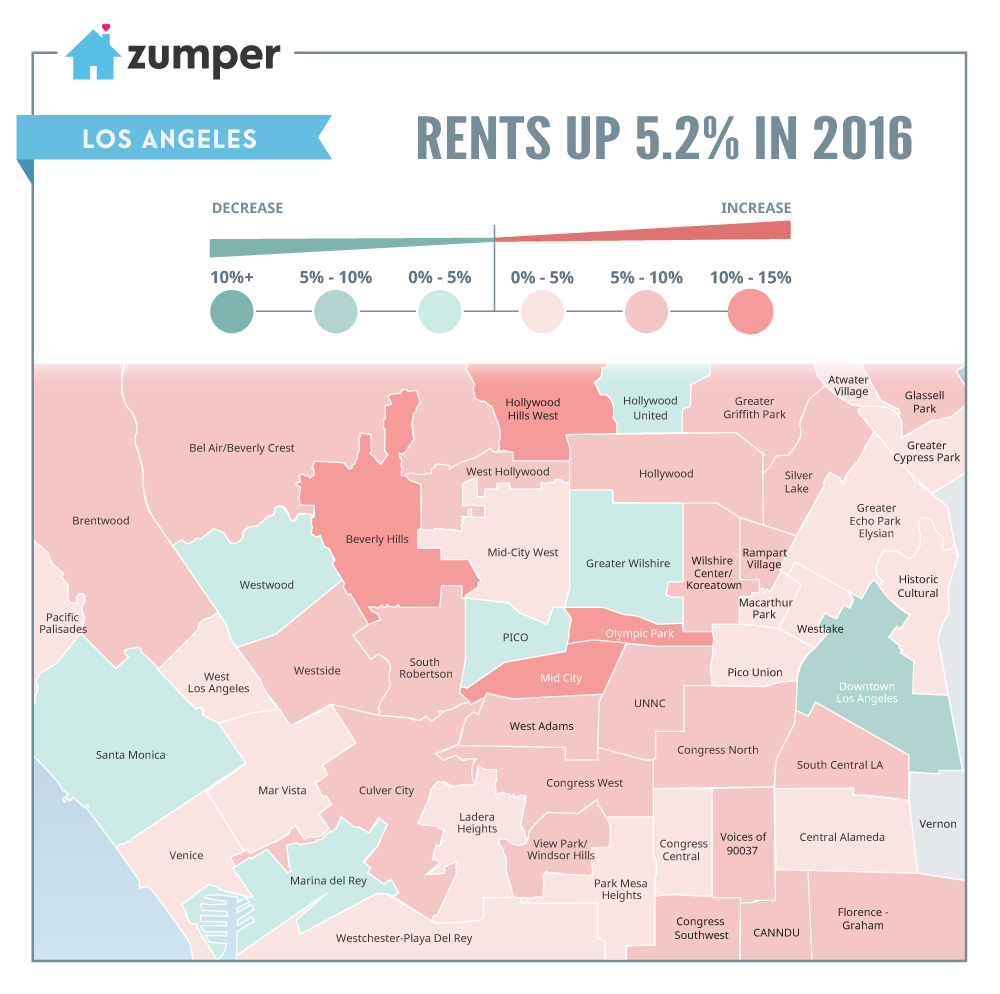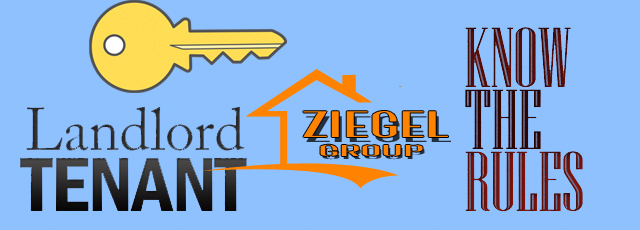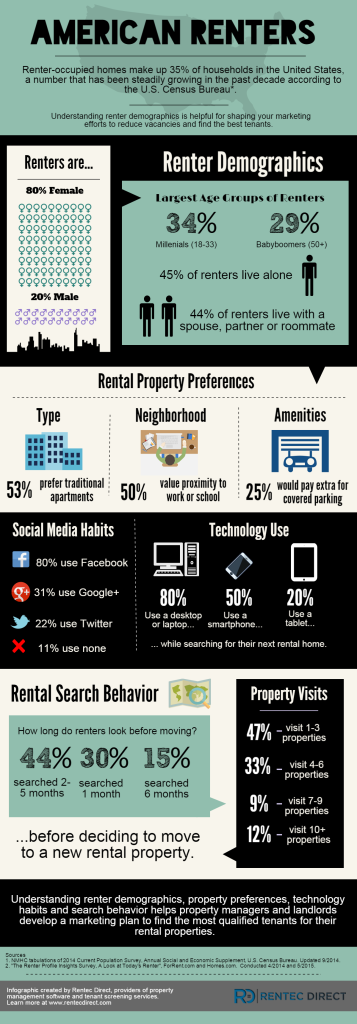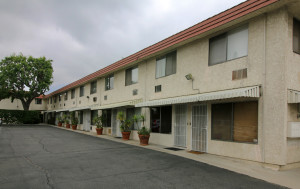California Landlord Disclosures
Landlords and property managers are required to follow their federal, state and local laws about informing tenants of policies, facts, and rules about the property.
Any information that is shared with a renter about the property or a renter’s right are considered disclosures. Landlord disclosures can either be included in the lease or rental agreement, or some other form of writing, and are typically shared with the tenant prior to move in.
Here is a look at some of the landlord disclosures required in California*.
Registered sexual offender database: Landlords must include the following language in their rental agreements: “Notice: Pursuant to Section 290.46 of the Penal Code, information about specified registered sex offenders is made available to the public via an Internet Web site maintained by the Department of Justice at www.meganslaw.ca.gov. Depending on an offender’s criminal history, this information will include either the address at which the offender resides or the community of residence and ZIP Code in which he or she resides.” (Cal. Civ. Code § 2079.10a)
Tenant paying for others’ utilities. Prior to signing a rental agreement, landlord must disclose whether gas or electric service to tenant’s unit also serves other areas, and must disclose the manner by which costs will be fairly allocated. (Cal. Civ. Code §1940.9)
Ordnance locations. Prior to signing a lease, landlord must disclose known locations of former federal or state ordnance in the neighborhood (within one mile of rental). (Cal. Civ. Code § 1940.7)
Toxic mold. Prior to signing a rental agreement, landlord must provide written disclosure when landlord knows, or has reason to know, that mold exceeds permissible exposure limits or poses a health threat. Landlords must distribute a consumer handbook, developed by the State Department of Health Services, describing the potential health risks from mold. (Cal. Health & Safety Code §§ 26147, 26148)
Pest control service. When the rental agreement is signed, landlord must provide tenant with any pest control company disclosure landlord has received, which describes the pest to be controlled, pesticides used and their active ingredients, a warning that pesticides are toxic, and the frequency of treatment under any contract for periodic service. (Cal. Civ. Code § 1940.8, Cal. Bus. & Prof. Code § 8538)
Intention to demolish rental unit. Landlords or their agents who have applied for a permit to demolish a rental unit must give written notice of this fact to prospective tenants, before accepting any deposits or screening fees. (Cal. Civ. Code § 1940.6)
No smoking policy. For leases and rental agreements signed after January 1, 2012: If the landlord prohibits or limits the smoking of tobacco products on the rental property, the lease or rental agreement must include a clause describing the areas where smoking is limited or prohibited (does not apply if the tenant has previously occupied the dwelling unit). For leases and rental agreements signed before January 1, 2012: A newly adopted policy limiting or prohibiting smoking is a change in the terms of the tenancy (will not apply to lease holding tenants until they renew their leases; tenants renting month-to-month must be given 30 days’ written notice). Does not preempt any local ordinances prohibiting smoking in effect on January 1, 2012. (Cal. Civ. Code § 1947.5)
Notice of default. Lessors of single-family homes and multifamily properties of four units or less, who have received a notice of default for the rental property that has not been rescinded, must disclose this fact to potential renters before they sign a lease. The notice must be in English or in Spanish, Chinese, Tagalog, Vietnamese, or Korean (if the lease was negotiated in one of these languages), and must follow the language specified in Cal. Civil Code § 2924.85(d).
*Not every disclosure was included in this list, check with landlord tenant laws and civil code for the complete list of landlord disclosure requirements.



